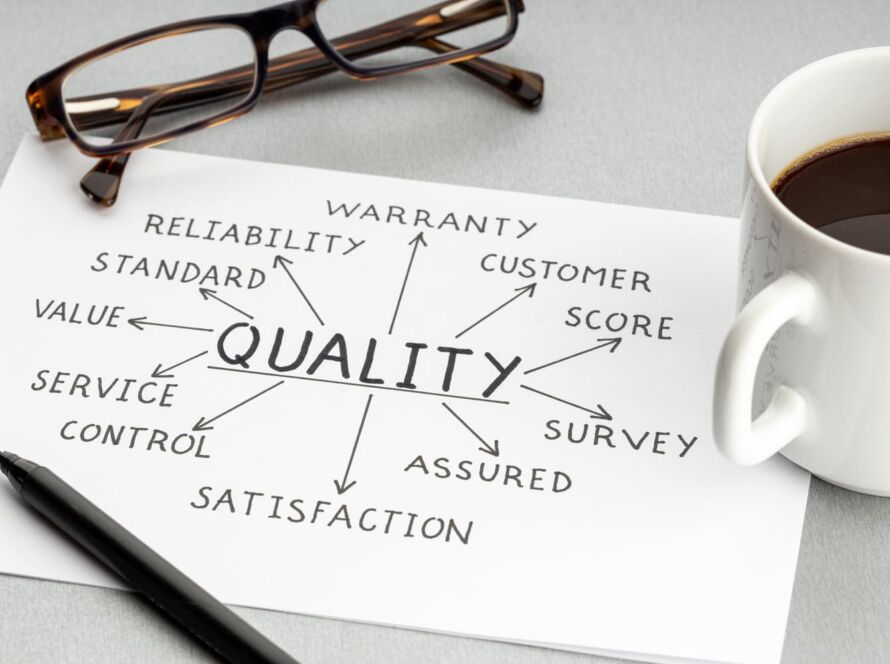Corporate development plays a pivotal role in driving growth and expansion through strategic acquisitions and partnerships. However, the process of sourcing deals on the buy-side involves a structured timeline encompassing various stages, from identifying potential targets to executing transactions. Understanding this buy-side timeline is crucial for corporate development professionals seeking to capitalize on opportunities and create value for their organizations. Let’s explore the intricacies of how corporate development sources deals through a comprehensive buy-side timeline:
1. Strategic Planning and Target Identification
- Strategic Alignment: Corporate development begins with aligning acquisition strategies with the organization’s long-term goals and growth objectives. This involves defining target markets, geographic regions, industry sectors, and specific criteria for potential acquisitions.
- Market Research: Corporate development teams conduct comprehensive market research and industry analysis to identify potential acquisition targets. They assess market dynamics, competitive landscapes, emerging trends, and opportunities for consolidation or expansion.
- Target Screening: Using predefined criteria, corporate development professionals screen potential targets based on factors such as strategic fit, financial performance, growth prospects, synergies, and cultural compatibility.
2. Deal Origination and Outreach
- Network Building: Corporate development professionals leverage their industry networks, relationships with investment bankers, advisors, and industry experts to source potential deals. They attend industry conferences, networking events, and maintain active engagement with deal intermediaries.
- Proactive Outreach: Once potential targets are identified, corporate development teams initiate confidential discussions with target companies to explore mutual interests and assess their willingness to engage in discussions.
- Non-Disclosure Agreements (NDAs): Prior to sharing sensitive information, corporate development teams typically execute non-disclosure agreements (NDAs) with target companies to protect confidentiality and ensure data security during the due diligence process.
3. Preliminary Evaluation and Due Diligence
Preliminary Assessment: Corporate development conducts initial assessments of potential targets to evaluate strategic fit, financial attractiveness, and alignment with acquisition criteria. Thismay involve high-level financial analysis, market research, and qualitative assessments.
Due Diligence: Upon receiving preliminary interest from target companies, corporate development initiates a comprehensive due diligence process. This involves conducting detailed financial, legal, operational, and commercial due diligence to assess the target’s strengths, weaknesses, and potential risks.
4. Valuation and Negotiation
- Valuation Analysis: Corporate development professionals perform detailed valuation analysis using various methodologies such as discounted cash flow (DCF), comparable company analysis (CCA), and precedent transactions analysis to determine the fair value of the target company.
- Negotiation: Based on the findings of the due diligence and valuation analysis, corporate development teams engage in negotiations with the target company to agree on key terms and conditions of the transaction. This includes price, deal structure, earn-out provisions, and other relevant terms.
5. Deal Execution and Integration
- Transaction Documentation: Once negotiations are finalized, corporate development teams work with legal advisors to draft and negotiate transaction documents, including purchase agreements, shareholder agreements, and ancillary agreements.
- Closing and Integration: Upon signing the definitive agreements, the transaction moves to the closing phase, where legal and regulatory requirements are fulfilled, and the deal is officially consummated. Post-closing, corporate development oversees the integration process, ensuring a smooth transition and capturing synergies to maximize value creation.
6. Post-Acquisition Monitoring and Value Creation
- Performance Monitoring: Corporate development continues to monitor the performance of the acquired business post-acquisition, tracking key performance indicators (KPIs), financial metrics, and integration milestones.
- Value Creation Initiatives: Corporate development collaborates with cross-functional teams to implement value creation initiatives, including operational improvements, cost synergies, revenue growth strategies, and integration of best practices.
By following this buy-side timeline, corporate development professionals can systematically identify, evaluate, and execute strategic acquisitions and partnerships, driving sustainable growth and value creation for their organizations. Effective deal sourcing requires a combination of strategic vision, industry expertise, networking prowess, and disciplined execution to capitalize on opportunities and achieve strategic objectives.


